You all know the song, "Tale as Old as Time/Song as Old as Rhyme/Beauty and the Incredibly Abusive Husband Who Changes Because Belle Stays With Him Against Her Better Judgement." "Wait - what?" I hear you say. But it's true, dear readers, if you ask the Internet. This pops up every five or six years and sweeps the web, filling articles and Facebook posts of people gently shaking their heads. "It's a good movie!" they say, "It's so sad that it sends such a poor message."
That poor message, of course, is that You, yes You, should stay with your abusive husband/wife/significant other/goldfish. If you stay with them, if you really love them, they'll turn into a Prince just through the power of your love. This thesis is insanely dangerous. If that is the message of Beauty and the Beast, then a beloved animated film - the first animated film to ever be nominated for Best Picture at the Academy Awards - would actually be a snake in disguise. A terrible trick created to push an agenda on your children! It'll teach your daughters to be submissive, and allow dominating abusers to walk the earth unchecked! Kidding aside - if that were the central thesis of Beauty and the Beast, I would be right there with the mob on the internet ready to throw everyone involved with it into the pyre of public opinion.
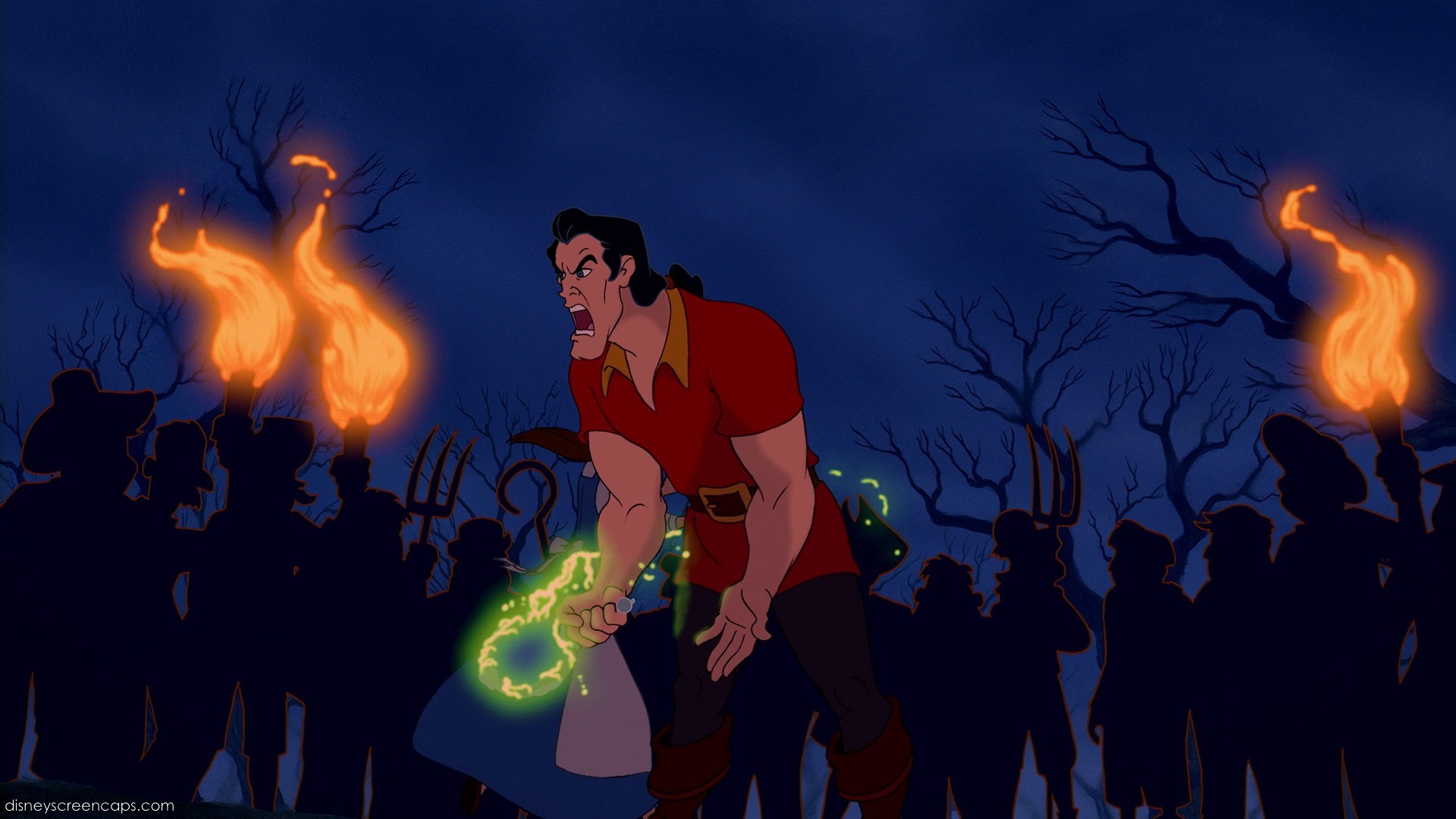 |
| I'm making a metaphor here, kids, go with me. |
We'll skip the intros to the various characters, (although I do agree, Internet, turning a ten year old boy into a beast for ten years for being a brat is quite the overreaction) and jump straight into the meeting between Belle and the Beast (who never gets a name, by the way, that seems less than fair) . Beast has kidnapped Belle's father, and is generally being a total dick about it. Belle sacrifices herself for her father, and agrees to stay in the enchanted castle to spare his life. So far, not great. Doing it for the right reasons is not an excuse to stay in an abusive relationship - the father here could be a metaphor for the kids these women and men usually stay for. And if Beast had kept Belle locked in the dungeon, we might have had that story.
But that's not what happens - Belle is put into her own room. Still not disproving any theories here - just because someone is nice to you, sometimes, is NO reason to stay in an abusive relationship. But it's at this point that the story begins to change. Beast, used to having all the power in his world, orders Belle to dinner. She flat out refuses him, to the point where she'd rather go hungry than spend time with him. Hmm. Well, that's different. If this were a story about an abusive relationship, wouldn't this be the point in the story where she begins appeasing him to reduce his wrath? But that's not what we get - Belle, one of the first and finest feministy heroes in Disney canon, seizes control of the situation. She doesn't kowtow or beg, she refuses out right to have anything to do with the abusive monster in her life.
And yes, Belle does eventually get dinner, in one of the most famous musical numbers in Disney history. But let's talk about that - Belle is in a bad situation. Instead of just "making the best of it" and hoping things will work out, she goes out on her own to get help. Lumiere, Cogsworth, and Mrs. Potts have their own reasons to help her, certainly, and not all of the advice they give is good, but Belle still goes out on her own to get what she needs. She doesn't listen to the demands of the abusive presence in her life, she makes her own destiny.
This all comes to a head that very same night. Belle, inquisitive as she is, sneaks into the West Wing. The Beast finds her, and explodes. It's the worst he's ever been - he's terrifying. So here comes the point where Belle falls to her knees, apologizing, right? Nope. Belle says the following words, "Promise or not promise, I can't stay here," before running into the night.
Let's take a look at that again, shall we?
"Promise or no promise, I can't stay here."
It's in this one single piece of dialogue that the entire thesis about Beauty and the Beast supporting abusive relationships falls apart. So many relationships stay together because of a "promise." A marriage, or an engagement - it's one of the many ways that abusive partners keep their prey close. But Belle, the quintessential Disney princess, who's word means everything to her, breaks a promise. She puts her own safety above those words. And that's what makes her strong, not submissive. That's what makes her a hero, not a victim.
We all know the rest of the story. Belle's escape goes badly, due to a sudden case of wolves, and the Beast has to go and save her. That same Beast spends the rest of the movie changing for her. For the rest of the movie, the Beast is never in charge. When he and Belle meet, it's as equals. And yes, I understand. She didn't leave for good - which means, to you, oh Internet, that the message of the film is still about staying and waiting for your abusive significant other to change. But there's one last thing to point out:
Belle doesn't love the Beast until he changes.
If this was truly a story about Stockholm Syndrome, and how staying with your abusive boyfriend or girlfriend will change them, Belle would have been in love with the Beast from the beginning. We would see that it was her love that changed him. But it's the other way around. His change, his compassion, transforms her feelings for him.
That's the beauty of this film, in the end. Belle is one of the few Disney heroines in history that doesn't change. She doesn't have to - she starts the movie as the kind of woman who would reject a boorish brute like Gaston out of hand. And while she does stay with the Beast, we know that the door is open for her to leave any time she wants. She's too strong to be caged, and too smart to believe her love alone could change anyone. The Beast changes because he chooses to change, and in the end, that's what saves him.
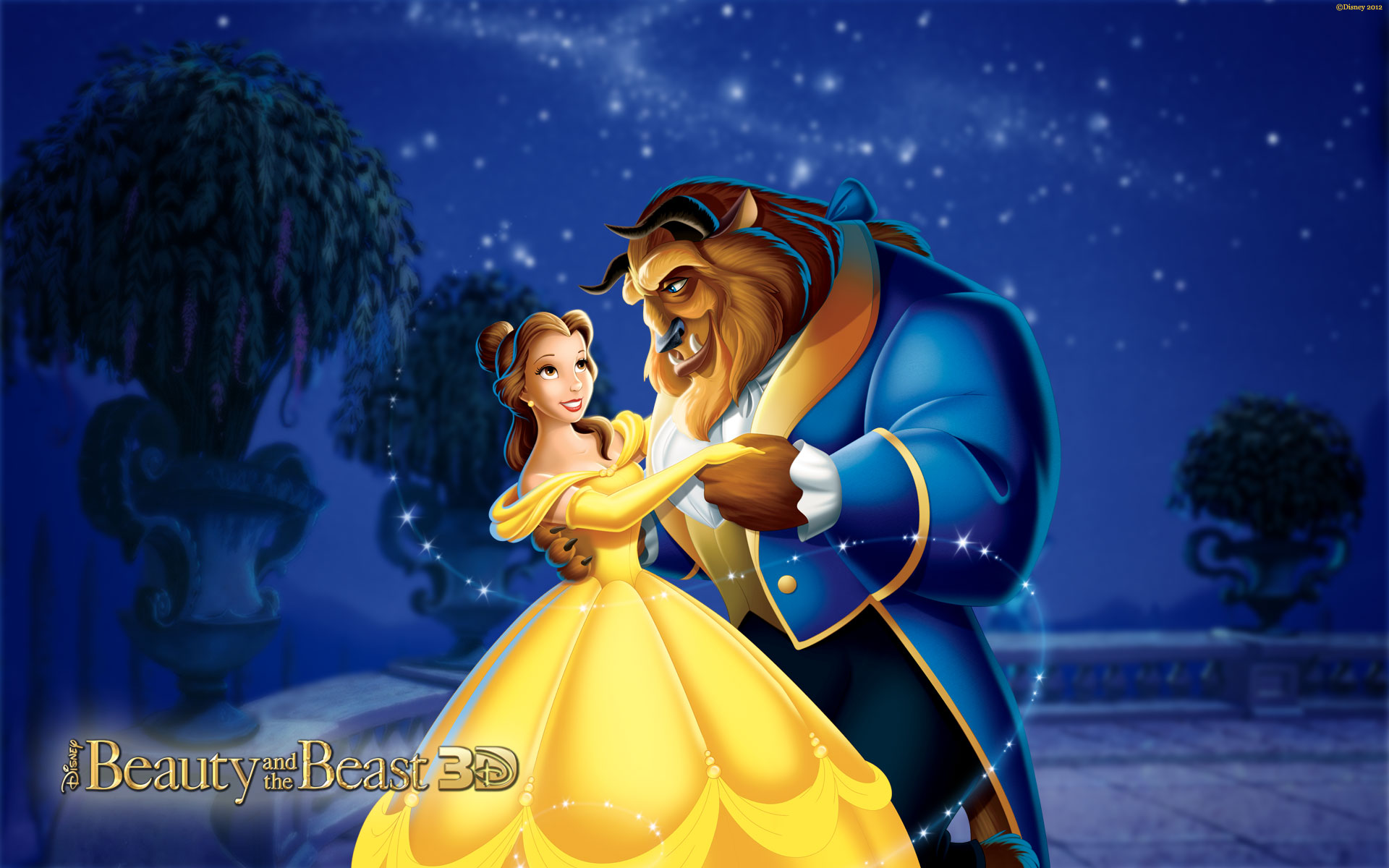
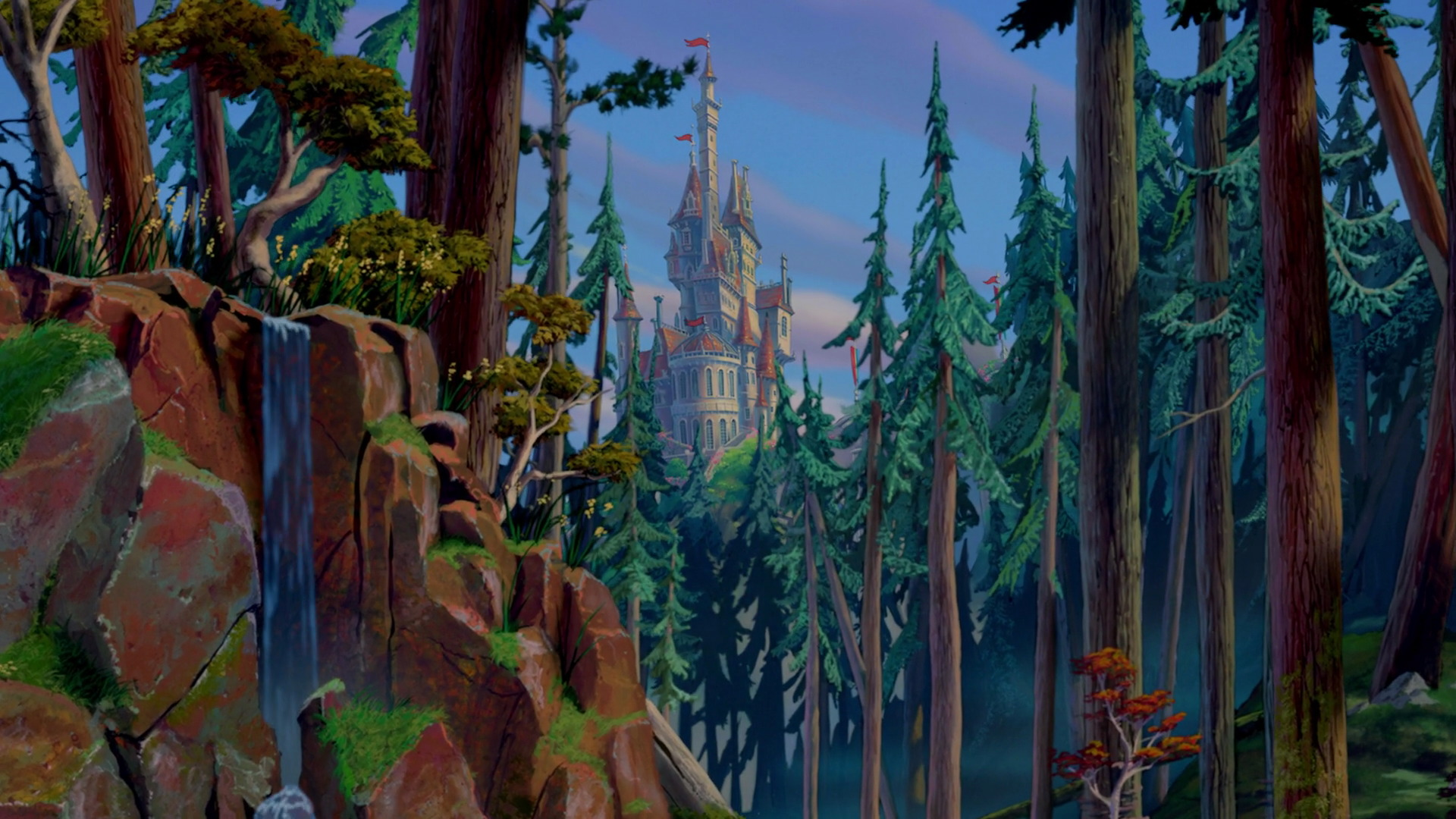
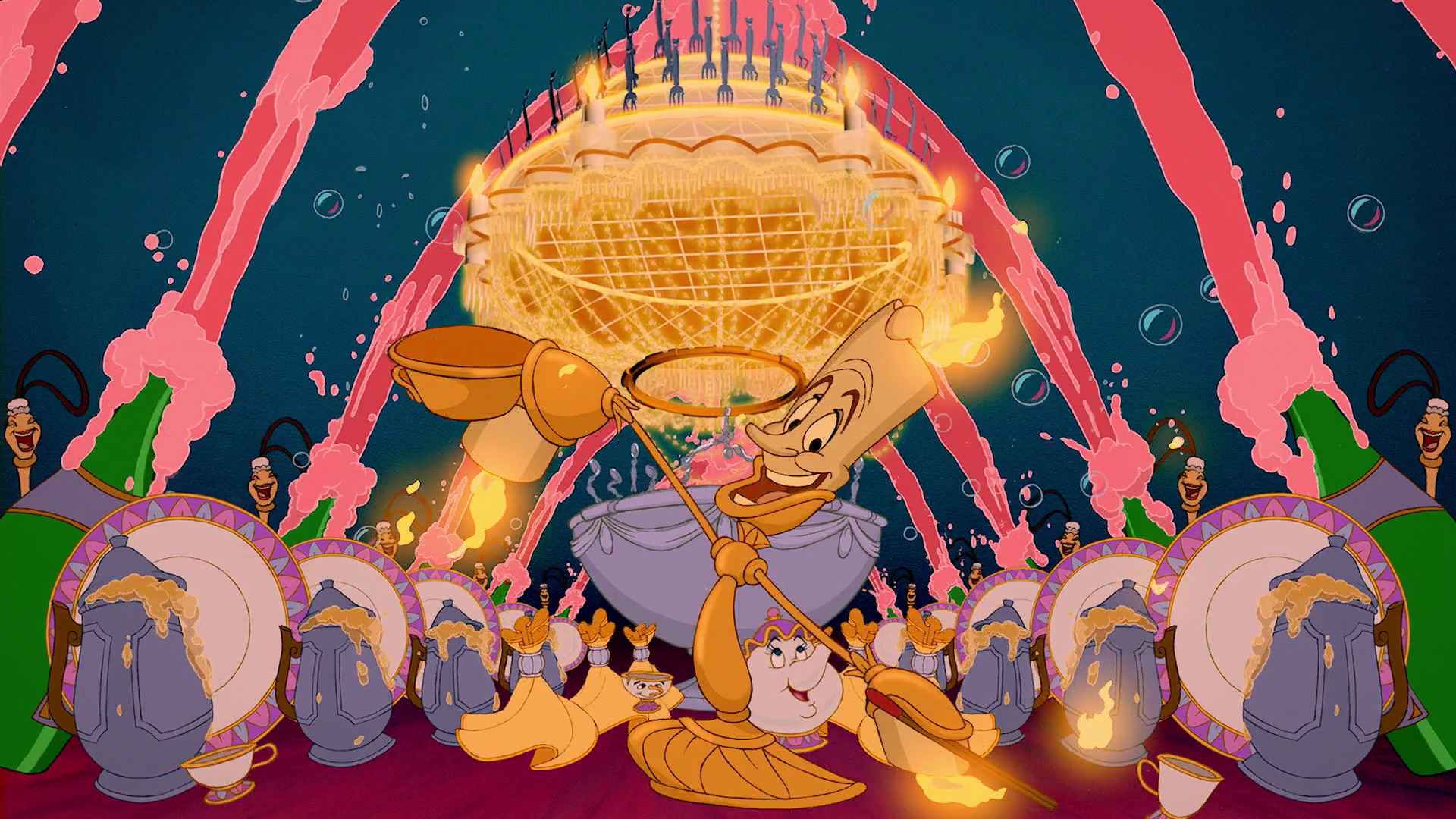
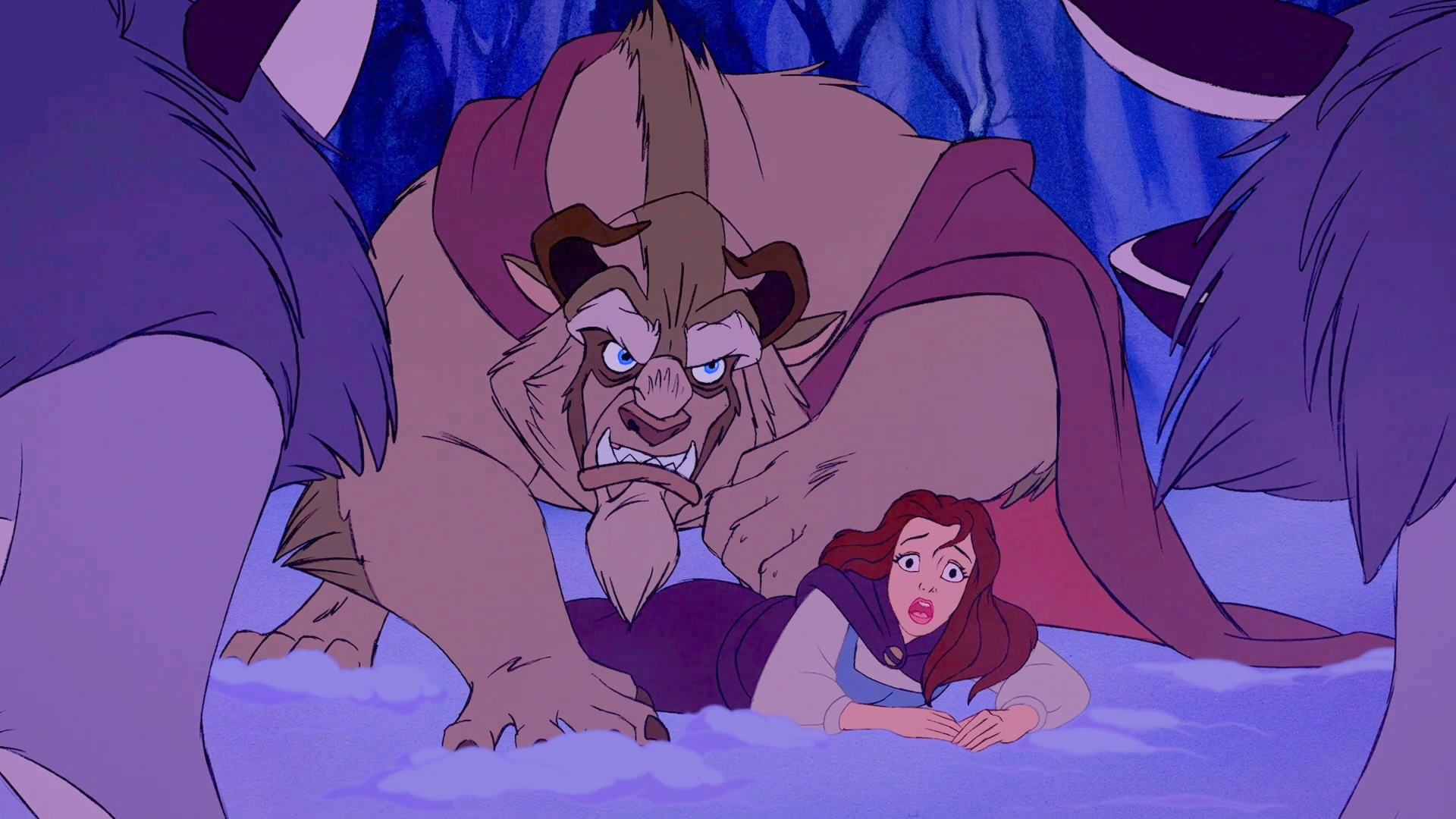
No comments:
Post a Comment